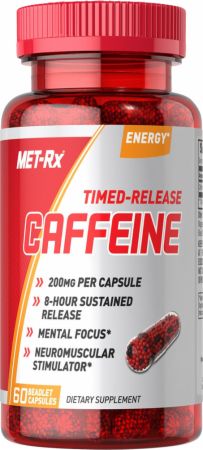Dopamine is a neurotransmitter that is produced by the
brain. Dopamine helps the body function properly. It plays a role in the
Central Nervous System and is also responsible for “motivation & reward” and addiction.
Low levels of dopamine cause problems to the Central Nervous
System. Parkinson’s disease, ADHD and alcoholism are all shown to be linked to
low levels of dopamine.
Symptoms of low levels are depression, lack of energy,
difficulty focusing, mobility problems involving shakiness, vision troubles,
dementia and weight gain. If you experience any of these symptoms you may want
to have your dopamine levels tested by a doctor.
Too much dopamine creates a “high”. High levels of dopamine
are caused by some medicinal drugs, cocaine, amphetamines, risk taking and
food.
High levels of Dopamine can cause addictions:
- . Drug addiction – Some drugs lead to an increased production of dopamine which leads to a “high”. When the high wears off and the drugs leave your system you may feel depressed. To get that high feeling again you seek out the drugs that caused it thus becoming addicted to the drug.
- Food addiction / overeating – Some people gain some sort of satisfaction from eating, especially sugar. If certain foods create pleasure for you then you may not be able to stop eating that food. On the other hand, our brain uses dopamine to tell you when to stop eating. Low dopamine levels may cause overeating also. From the low levels of dopamine you crave more and still never feel satisfied. This leads to obesity. If you find yourself going to the fridge at night even when you’re already full you may have low levels of dopamine and should seek medical attention.
Since dopamine is produced in the brain, you cannot regulate
it by taking dopamine. Instead there are three amino acids that create dopamine
that you could take: L-phenylalanine, L-Tyrosine, and L-Dopa.
L-Dopa, which is approved by the FDA, is normally prescribed
to patients with Parkinson’s disease. This amino acid converts into dopamine.
L-Dopa also stimulates the release of the growth hormone, which helps with
muscle growth as well as burning fat, and testosterone, which leads to increase
sex drive and performance. There are many benefits to L-Dopa: improved sleep,
reduced body fat, increase bone density, increase lean muscle mass, improved
mood, enhanced libido, increased energy and strengthened immune system.
 L-Tyrosine is an amino acid which converts into L-Dopa and
then into dopamine. In order for L-Tyrosine to convert to dopamine, Vitamin B6,
folic acid and copper are necessary. L-Tyrosine can be used to aid weight loss.
You can eat certain foods that are high in tyrosine and by eating these they
may reduce the temptation to overeat. Foods that are highest in tyrosine are
fava beans, chicken, ricotta cheese, oatmeal, edamame, dark chocolate, seaweed
and wheat germ. If you choose to take an L-Tyrosine supplement, it is widely
available and we carry it at 4x Nutrition. This supplement will produce higher
dopamine levels which will cut food cravings. L-tyrosine should
only be taken for up to three months. Any longer should be under the watchful
eye of your physician. A great supplement containing the ingredients to modulate dopamine is B4 by BPI.
L-Tyrosine is an amino acid which converts into L-Dopa and
then into dopamine. In order for L-Tyrosine to convert to dopamine, Vitamin B6,
folic acid and copper are necessary. L-Tyrosine can be used to aid weight loss.
You can eat certain foods that are high in tyrosine and by eating these they
may reduce the temptation to overeat. Foods that are highest in tyrosine are
fava beans, chicken, ricotta cheese, oatmeal, edamame, dark chocolate, seaweed
and wheat germ. If you choose to take an L-Tyrosine supplement, it is widely
available and we carry it at 4x Nutrition. This supplement will produce higher
dopamine levels which will cut food cravings. L-tyrosine should
only be taken for up to three months. Any longer should be under the watchful
eye of your physician. A great supplement containing the ingredients to modulate dopamine is B4 by BPI.
Regulating dopamine levels are important to lead a healthy
lifestyle. If you feel like you have any of the systems of low dopamine levels
or you are having trouble losing weight then get tested by a doctor. And, as always you can stop by for a sample of B4 and see how you feel!
Till Next Time,
Seth

